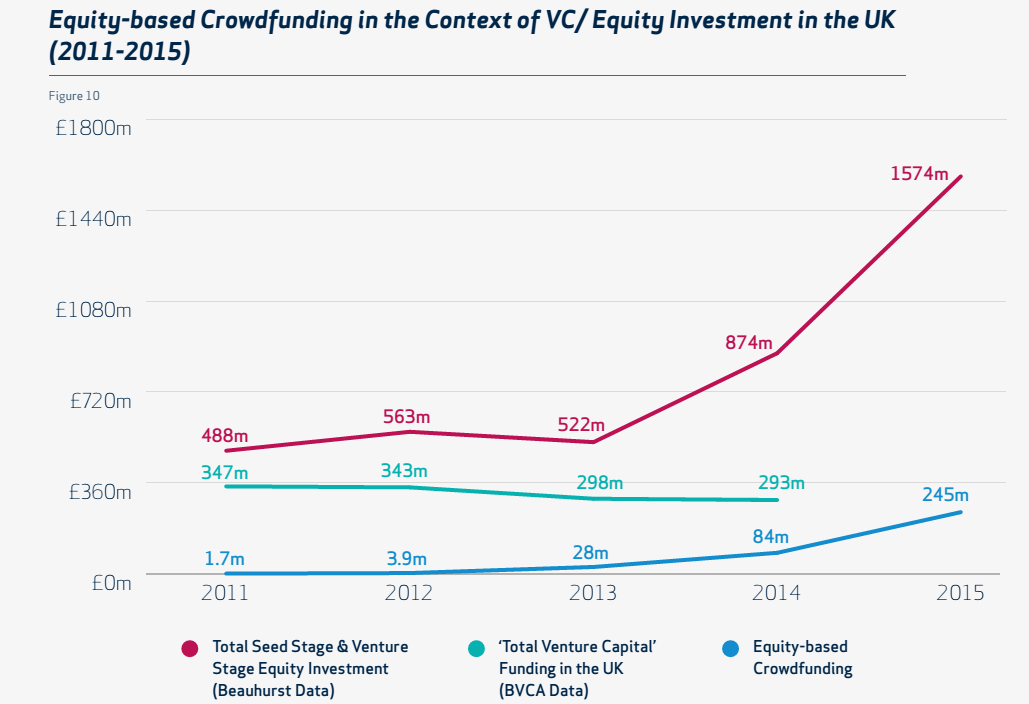Following on from our previous article “Thinking Of Expanding Your Business?“, as more and more businesses are focussing on strengthening their future growth strategies, one very apparent but often overlooked scheme is exporting goods and services overseas. Most are put off by their perception of the complexity and scale of such a project, however with the right direction and determination, huge opportunities exist.
In the following article, Ben Lobel details the emergence of business expansion overseas back in 2015.
By 2025, 880,000 (17 per cent) British small businesses plan to expand overseas – an increase from the 10.8 per cent of small businesses currently taking advantage of additional export revenues.
In 2015 Annual Business Survey figures show that a third of medium-sized businesses and 41 per cent of large businesses currently take advantage of export growth. Small businesses should work with industry bodies like the UKTI to see what opportunities exist and get advice on how to grow their business overseas. Click here to read more.
So how do we feel now as we approach 2017? As we discussed in our previous article “Business Confidence and Strategy Following The Brexit Vote” even with an uncertain European relationship, it seems exporting goods and services still remains an option considered for business growth. Praseeda Nair offers her thoughts on why this might be and the benefits of looking overseas.
A little international expansion goes a long way for a growing business. For starters, it provides a great deal of flexibility about how you present your organisation. Fourth Day, for example, has five offices across four different countries, which makes us sound quite large. Every office, however, contains fewer than ten people, which makes us seem quite small. It’s the best of both worlds – an international team that is nonetheless sufficiently close knit that everyone knows everyone else.
Secondly, as a service-based company, we’ve found that more than one office is a big help in terms of balancing our income and workload. This is particularly true of our Manchester and London offices, where spare capacity in one place can easily be used by the other. Internationally, we have had the opportunity to secure business across borders and to make referrals between offices. In our case, we have found that our European offering can be attractive for US companies venturing into Europe.We’ve expanded slowly but steadily over the past 14 years and have learned a few things that might be helpful if you’re considering taking the plunge into a new territory. Click here to read more…
The growing popularity and success stories show that exporting can be a hugely lucrative opportunity, if implemented correctly.
If you are a UK business contemplating overseas expansion, a Part Time FD can provide the direction and financial guidance you need to ensure maximum success. Contact Assured FD Services today to see how we can help.












